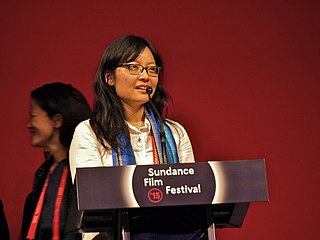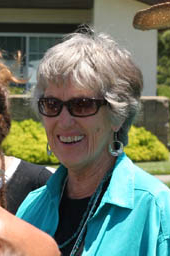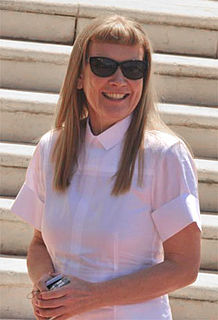A Quote by Kameron Hurley
As a science fiction and fantasy writer, I used to love writing bleak, grimdark futures full of bleak, grimdark people. But I've found that as the world around me darkens, all I really want to do is grasp for more light.
Related Quotes
Science fiction is a weird category, because it's the only area of fiction I can think of where the story is not of primary importance. Science fiction tends to be more about the science, or the invention of the fantasy world, or the political allegory. When I left science fiction, I said "They're more interested in planets, and I'm interested in people."
Science fiction is fantasy about issues of science. Science fiction is a subset of fantasy. Fantasy predated it by several millennia. The '30s to the '50s were the golden age of science fiction - this was because, to a large degree, it was at this point that technology and science had exposed its potential without revealing the limitations.
The reason I'm interested in alternative worlds and near-future settings is that it allows us to look at our own limitations in our worldviews. These settings allow me to explore how our world might evolve if we allow individualistic kinds of success to remain our primary value. I'm not trying to be overly bleak, and I don't feel bleak or sad about our world. I want empowered and educated people who understand a lot about the world's challenges to strive to be noble, rather than cynical. I think we still need more champions out there.
A precondition for being a science fiction writer other than an interest in the future is that, an interest - at least an understanding of science, not necessarily a science degree but you must have a feeling for the science and its possibilities and its impossibilities, otherwise you're writing fantasy. Now, fantasy is also fine, but there is a distinction, although no one's ever been able to say just where the dividing lines come.
I really wish that peoplewould just say, 'Yes, it's a comic. Yes, this is fantasy. Yes, this is Science Fiction,' and defend the genre instead of saying, 'Horror is a bit passe so this is Dark Fantasy,' and that' s playing someone else's game. So that's why I say I'm a fantasy writer and to hell with 'It doesn't read like what I think of as a fantasy'. In that case what you think of as a fantasy is not a fantasy. Or there is more to it than you think.
I define science fiction as the art of the possible. Fantasy is the art of the impossible. Science fiction, again, is the history of ideas, and they're always ideas that work themselves out and become real and happen in the world. And fantasy comes along and says, 'We're going to break all the laws of physics.' ... Most people don't realize it, but the series of films which have made more money than any other series of films in the history of the universe is the James Bond series. They're all science fiction, too - romantic, adventurous, frivolous, fantastic science fiction!
Yes, it looks bleak. But you are still alive now. You are alive with all the others, in this present moment. And because the truth is speaking in the work, it unlocks the heart. And there’s such a feeling and experience of adventure. It’s like a trumpet call to a great adventure. In all great adventures there comes a time when the little band of heroes feels totally outnumbered and bleak, like Frodo in Lord of the Rings or Pilgrim in Pilgrim’s Progress. You learn to say ‘It looks bleak. Big deal, it looks bleak.’
I wonder whether my bleak-o-meter is set differently from other people's. I have such passion for what I do that I can't see it as bleak. When people use that word, or “grim” or “gritty,” I just think, “Oh, come on, look a bit deeper.” My films don't give you an easy ride. I can see that. The sense I get is that people have quite a physical experience with them. They feel afterwards that they've really been through something.
A lot of people feel like urban fantasy is a shortcut that gets you around world-building, because it's set "in the real world." But it doesn't really work that way, as I found out. You have to come up with just as consistent an internal cosmology and magic system as you would if you were writing high fantasy.



































